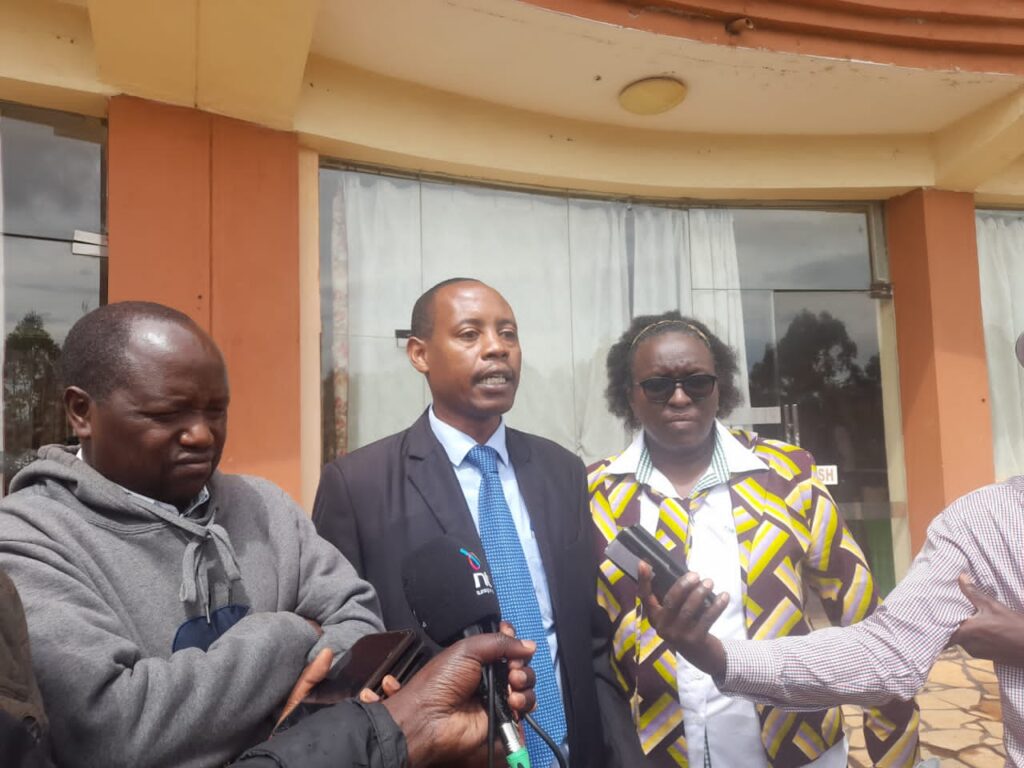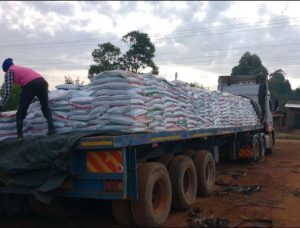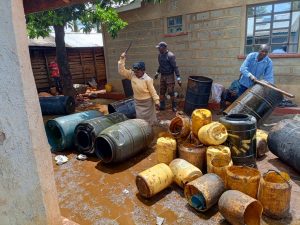
A new variety of maize seeds from Kenya Seed Company [Photo-PlantVillage]
Researchers at the Kenya Seed Company are working hard in collaboration with Kenya Plant Health Inspectorate Service (KEPHIS) to come up with new varieties that will survive the effects of climate change and use minimal rainfall to mature.
Addressing the media in Kitale after a sensitization meeting on farming, the company marketing manager, Sammy Chepsiror, said climate change has been a challenge to farmers, and therefore having new varieties that need little water is the only solution to high yield.
Chepsiror said the company will continue to train farmers on how to increase their productivity through the application of new farming technologies.
Jane Gitau, the company’s communication officer, challenged farmers to follow the right procedure when planting in order to deal with controllable diseases and get a bumper harvest.

The KEPHIS Regional Manager Kitale branch, Ephraim Wachira, said cases of fake seeds have gone down. He added that KEPHIS inspectors are always in the field to monitor seed sellers in conjunction with county agricultural extension officers to ensure farmers get certified seeds in the market.
He added that they have created awareness for farmers to report such cases when they come across them by scratching and sending a code attached to the seed bag that helps farmers to differentiate between genuine and fake seeds.
Wachira also said KEPHIS is working with national agencies to reclaim the grabbed land that is meant for research.

Mike Musungu is a reporter at Radio Simba in Bungoma and a correspondent of Trans Nzoia County for the Western Kenya Times.







